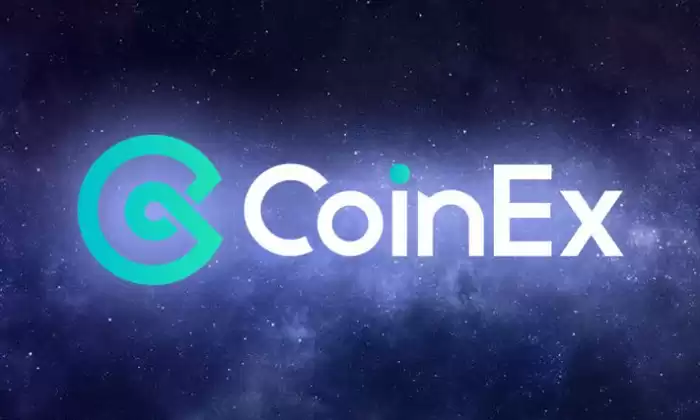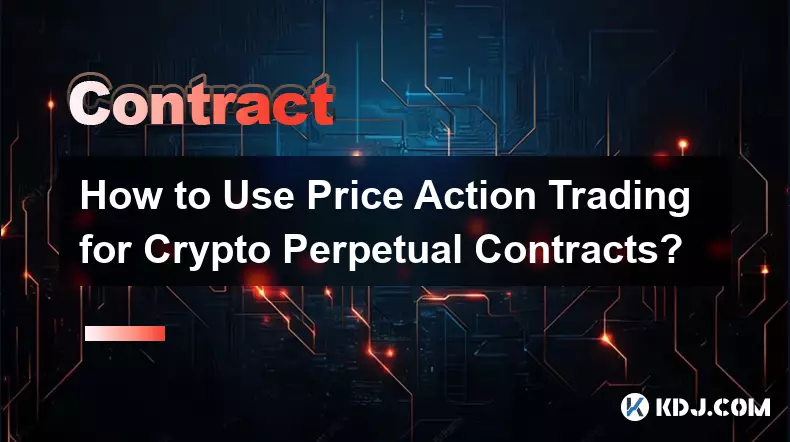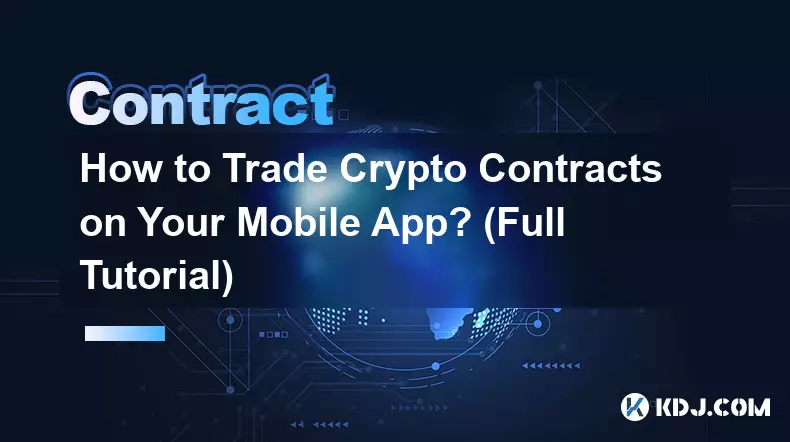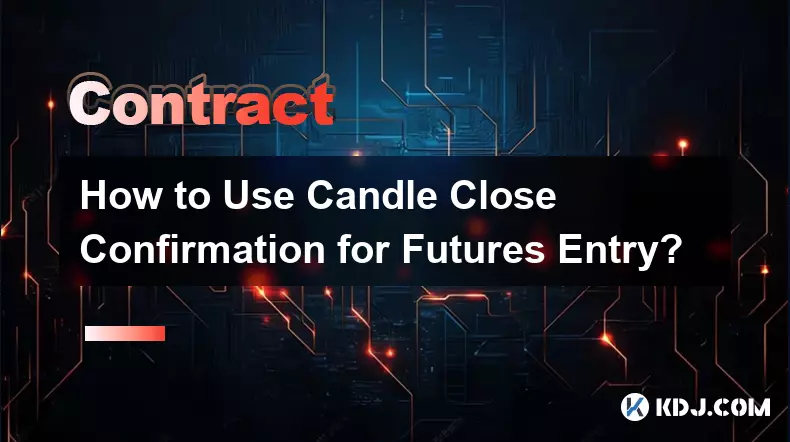-
 bitcoin
bitcoin $87959.907984 USD
1.34% -
 ethereum
ethereum $2920.497338 USD
3.04% -
 tether
tether $0.999775 USD
0.00% -
 xrp
xrp $2.237324 USD
8.12% -
 bnb
bnb $860.243768 USD
0.90% -
 solana
solana $138.089498 USD
5.43% -
 usd-coin
usd-coin $0.999807 USD
0.01% -
 tron
tron $0.272801 USD
-1.53% -
 dogecoin
dogecoin $0.150904 USD
2.96% -
 cardano
cardano $0.421635 USD
1.97% -
 hyperliquid
hyperliquid $32.152445 USD
2.23% -
 bitcoin-cash
bitcoin-cash $533.301069 USD
-1.94% -
 chainlink
chainlink $12.953417 USD
2.68% -
 unus-sed-leo
unus-sed-leo $9.535951 USD
0.73% -
 zcash
zcash $521.483386 USD
-2.87%
How to calculate CoinEx contract transaction fees
To calculate CoinEx contract transaction fees, consider contract type, trading volume, maker/taker status, VIP level, and the fee schedule provided by the exchange.
Nov 25, 2024 at 03:40 pm

How to Calculate CoinEx Contract Transaction Fees
CoinEx, a reputable cryptocurrency exchange, offers a diverse range of trading options, including a robust contract trading platform. However, understanding the fee structure associated with contract transactions is crucial for optimized trading. This comprehensive guide will delve into the various factors that influence CoinEx contract transaction fees and provide step-by-step instructions on how to calculate them accurately.
Factors Influencing CoinEx Contract Transaction Fees
CoinEx employs a tiered fee structure for contract transactions, taking into account several key factors:
- Contract Type: Different types of contracts, such as futures and options, incur varying fees.
- Trading Volume: Higher trading volume typically results in lower transaction fees.
- Maker/Taker Fees: Makers (individuals who place limit orders) and takers (individuals who execute market orders) are subject to different fee schedules.
- VIP Level: Traders who maintain a high trading volume or hold a significant amount of CET (CoinEx Token) qualify for reduced transaction fees.
Understanding CoinEx's Fee Structure
CoinEx categorizes contract transaction fees into two main types: maker fees (charged to makers) and taker fees (charged to takers). The maker fee for futures contracts is typically lower than the taker fee, encouraging liquidity provision.
The fee rates vary depending on the contract type, with each contract featuring its unique fee schedule. Futures contracts generally have lower fees compared to options contracts.
Calculating CoinEx Contract Transaction Fees
To calculate CoinEx contract transaction fees, follow these steps:
- Identify the Contract Type: Determine the type of contract you wish to trade, such as a futures or options contract. The fee structure will vary depending on the contract type.
- Assess Trading Volume: Estimate your expected trading volume for the given contract. Higher trading volume typically qualifies for lower fees.
- Determine Maker/Taker Status: Identify whether you plan to act as a maker (placing limit orders) or a taker (executing market orders). This will determine the applicable fee rate.
- Check VIP Level: If you have achieved a VIP level through high trading volume or significant CET holdings, you may be eligible for reduced transaction fees.
- Refer to Fee Schedule: CoinEx provides detailed fee schedules for each contract type on its website. Refer to the specific fee schedule for the contract you intend to trade.
- Apply Discount (if any): If eligible for a VIP discount or other fee reduction, factor in the discount while calculating the transaction fee.
Calculation Example
Consider a trader planning to trade a futures contract on CoinEx. The trader is a regular user with no VIP status and anticipates a moderate trading volume.
- Fee Schedule: The fee schedule indicates a maker fee of 0.02% and a taker fee of 0.05% for futures contracts.
- Calculation: If the trader plans to execute a market order (taker), the transaction fee would be calculated as follows:
Transaction Fee = Trading Volume x Taker Fee Rate
Transaction Fee = 10,000 USD x 0.05%
Transaction Fee = 5 USDIt is important to note that transaction fees may fluctuate based on market conditions and CoinEx's fee adjustments. Always refer to the latest fee schedule on CoinEx's website for the most accurate fee calculations.
Disclaimer:info@kdj.com
The information provided is not trading advice. kdj.com does not assume any responsibility for any investments made based on the information provided in this article. Cryptocurrencies are highly volatile and it is highly recommended that you invest with caution after thorough research!
If you believe that the content used on this website infringes your copyright, please contact us immediately (info@kdj.com) and we will delete it promptly.
- Metaplanet Faces Mounting Pressure as Bitcoin Dives, CEO Affirms Unwavering Accumulation Strategy
- 2026-02-07 04:15:01
- Super Bowl Coin Toss Odds: Betting Trends and Historical Data
- 2026-02-07 04:25:01
- AI Image Generation Takes a Leap: New Embedding Techniques Revolutionize Visual AI
- 2026-02-07 04:20:01
- Cardano's ADA Price Hits Historic 'Launch Zone,' Igniting Long-Term Bullish Buzz Amidst Short-Term Drudgery
- 2026-02-07 04:15:01
- XRP, Bitcoin ETF, and Crypto Sell-off: Navigating the Current Market Storm
- 2026-02-07 04:20:01
- Bitcoin Rebounds After FTX Collapse Echoes: Navigating Volatility
- 2026-02-07 03:55:01
Related knowledge

How to Use Price Action Trading for Crypto Perpetual Contracts?
Feb 06,2026 at 03:20pm
Understanding Price Action Fundamentals1. Price action trading relies entirely on raw market data—candlestick formations, support and resistance level...

How to Trade Crypto Contracts on Your Mobile App? (Full Tutorial)
Feb 07,2026 at 02:59am
Setting Up Your Mobile Trading Environment1. Download the official mobile application from the exchange’s verified website or trusted app store listin...

How to Manage Emotions and "Revenge Trading" in Futures?
Feb 05,2026 at 12:19am
Understanding Emotional Triggers in Futures Markets1. Market volatility directly impacts psychological states, often amplifying fear or euphoria based...

How to Use Candle Close Confirmation for Futures Entry?
Feb 05,2026 at 04:20pm
Understanding Candle Close Confirmation1. A candle close confirmation occurs when the final price of a candlestick settles beyond a predefined level, ...

How to Trade the Funding Fee Arbitrage Strategy? (Passive Income)
Feb 07,2026 at 06:20am
Funding Fee Arbitrage Mechanics1. Funding fees are periodic payments exchanged between long and short traders on perpetual futures exchanges, typicall...

How to Master "Position Sizing" to Prevent Total Account Wipeout?
Feb 06,2026 at 12:00am
Market Volatility Patterns1. Bitcoin price swings often exceed 10% within a 24-hour window during high-liquidity events such as ETF approval announcem...

How to Use Price Action Trading for Crypto Perpetual Contracts?
Feb 06,2026 at 03:20pm
Understanding Price Action Fundamentals1. Price action trading relies entirely on raw market data—candlestick formations, support and resistance level...

How to Trade Crypto Contracts on Your Mobile App? (Full Tutorial)
Feb 07,2026 at 02:59am
Setting Up Your Mobile Trading Environment1. Download the official mobile application from the exchange’s verified website or trusted app store listin...

How to Manage Emotions and "Revenge Trading" in Futures?
Feb 05,2026 at 12:19am
Understanding Emotional Triggers in Futures Markets1. Market volatility directly impacts psychological states, often amplifying fear or euphoria based...

How to Use Candle Close Confirmation for Futures Entry?
Feb 05,2026 at 04:20pm
Understanding Candle Close Confirmation1. A candle close confirmation occurs when the final price of a candlestick settles beyond a predefined level, ...

How to Trade the Funding Fee Arbitrage Strategy? (Passive Income)
Feb 07,2026 at 06:20am
Funding Fee Arbitrage Mechanics1. Funding fees are periodic payments exchanged between long and short traders on perpetual futures exchanges, typicall...

How to Master "Position Sizing" to Prevent Total Account Wipeout?
Feb 06,2026 at 12:00am
Market Volatility Patterns1. Bitcoin price swings often exceed 10% within a 24-hour window during high-liquidity events such as ETF approval announcem...
See all articles










































































